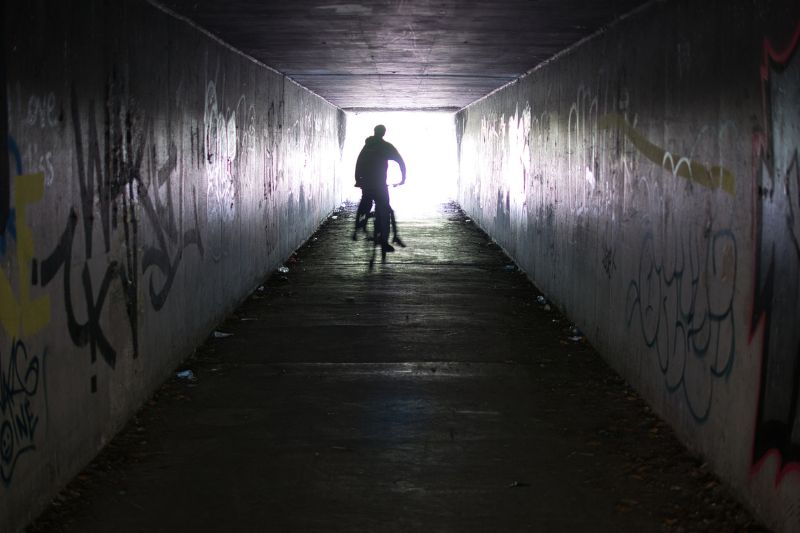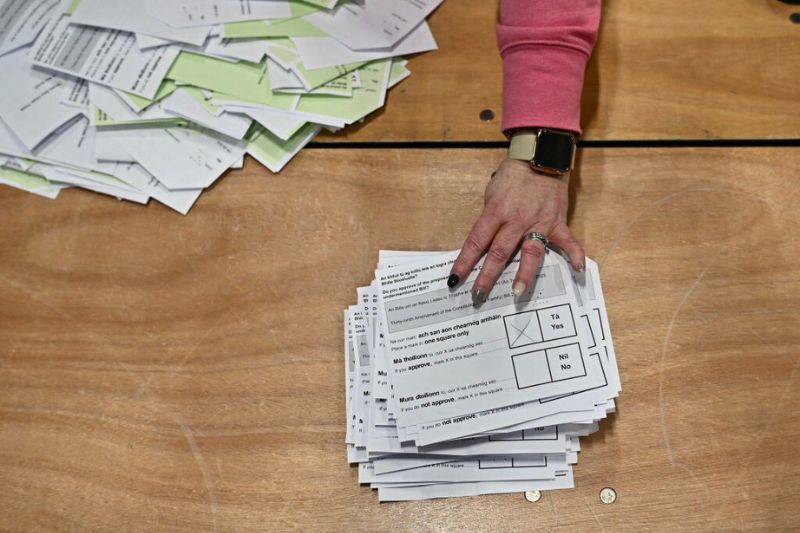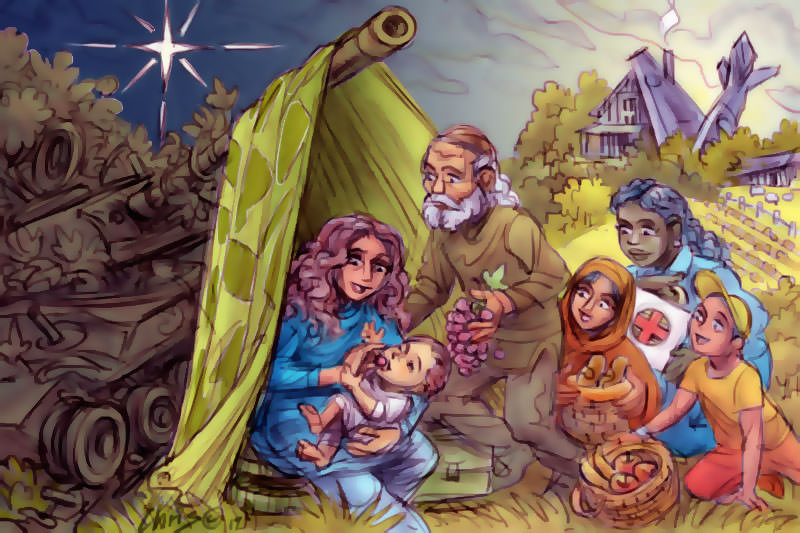Keywords: Hardship
There are more than 24 results, only the first 24 are displayed here.
Become a subscriber for more search results.
-

AUSTRALIA
- Barry Gittins
- 10 April 2025
In cities that pride themselves on liveability, a quiet war is being waged against the homeless with urban design and tough bylaws. What appears as civic order is, in truth, a hardening of public conscience, where compassion gives way to concealment, and suffering is swept from view.
READ MORE
-

AUSTRALIA
- Andrew Hamilton
- 02 April 2025
Countering a rise in youth crime with tough new bail laws will ensure community safety, but risks compounding the very crisis they aim to solve. As more children are placed in detention, the changes raise urgent questions about justice, policy failure, and the long-term social cost of prioritising punishment over prevention.
READ MORE
-

AUSTRALIA
- Kevin Bell
- 29 November 2024
2 Comments
With unaffordable housing pushing families into impossible choices, homelessness affecting 120,000 people, and systemic inequities deepening, we must ask: What kind of society do we want to build — and for whom?
READ MORE 
-

AUSTRALIA
- Joe Zabar
- 08 October 2024
2 Comments
Despite affecting millions, systemic and event-driven poverty is rarely discussed by politicians. In a nation facing growing economic uncertainty, can we afford to continue overlooking those most vulnerable to financial and social hardship?
READ MORE
-

AUSTRALIA
- Andrew Hamilton
- 12 September 2024
3 Comments
Anxieties about democracy around the world today are well-founded. While we rightly celebrate our democratic institutions, it's crucial to acknowledge the vast wealth disparities and the growing influence of powerful corporations.
READ MORE
-

ARTS AND CULTURE
- Ken Haley
- 06 September 2024
When we look back a decade hence on the way we lived in 2020, Shirley is going to serve as a literary time capsule. If you’re in search of a visceral feel for what it’s like to live in a specific place at a specific time — namely Melbourne in 2020, as the first pandemic in a century casts a pall over the zest for life itself — this book is a must read.
READ MORE 
-

ENVIRONMENT
- Julie Perrin
- 12 July 2024
1 Comment
In her new Quarterly Essay Highway to Hell, Australian climate scientist Joëlle Gergis pleads in language beyond the careful neutrality of traditional science-speak: ‘We need you to stare into the abyss with us and not turn away.’
READ MORE 
-

INTERNATIONAL
- Sergey Maidukov Sr.
- 20 June 2024
1 Comment
Unlike the initial days of the Russian invasion of Ukraine, when thousands eagerly gathered at recruitment centers, the army now faces difficulties in enlisting new soldiers as the troops continue to endure ongoing hardship.
READ MORE
-

INTERNATIONAL
- Andrew Hamilton
- 21 March 2024
3 Comments
Much like Australia's recent Indigenous Voice Referendum, the recent Irish referendum sought to change constitutional perspectives on family and marriage met with overwhelming defeat. What does this reveal about the relationship between public sentiment and the process of enacting constitutional changes?
READ MORE
-

ARTS AND CULTURE
- Gillian Bouras
- 25 January 2024
Thoughtful and thought-provoking, Fiona McFarlane's The Sun Walks Down asks of the reader: Is art more important than life? What is the nature of courage? How should an individual relate to their own environment?
READ MORE 
-

INTERNATIONAL
- Andrew Hamilton
- 19 December 2023
4 Comments
While a time of joy and celebration for many, Christmas amplifies hardships like loneliness and poverty for others. This year, the festive season is overshadowed by global issues such as war, climate change, and ongoing conflicts, reminding us of its origins in a period of oppression and uncertainty.
READ MORE
-

INTERNATIONAL
- Andrew Hamilton
- 14 December 2023
15 Comments
In Western societies, antisemitism is particularly noxious. To be understood, however, it needs to be precisely defined and set in the in the broader context of antipathy on racial, religious and other grounds.
READ MORE